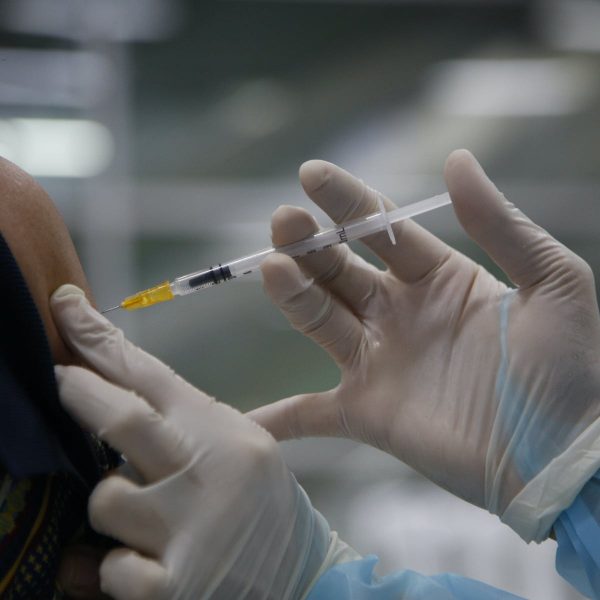
Indian start-up, IISc team up to develop COVID vaccine that doesn’t need refrigeration

A heat-resistant COVID-19 vaccine that is being developed in India and does not need cold chain storage has generated strong antibody response against coronavirus variants, including Delta and Omicron, according to a study on mice.
The vaccine candidate, by the Indian Institute of Science (IISc) in Bengaluru and biotech start-up company Mynvax, uses a part of the viral spike protein called the receptor-binding domain (RBD), which allows the virus to connect with the host cell to infect it.
The team, including researchers from Australia’s Commonwealth Scientific and Industrial Research Organisation (CSIRO), noted that most vaccines require refrigeration to remain effective. The heat-tolerant COVID-19 vaccine candidate can be stored at 37 degrees Celsius for four weeks and at 100 degrees Celsius for up to 90 minutes.
In comparison, the Oxford-AstraZeneca vaccine, known as Covishield in India, must be kept between 2-8 degrees Celsius and the Pfizer preventive requires specialised cold storage at minus 70 degrees Celsius.
Also read: Delhi: Surge in COVID cases among students leaves parents worried
The latest study, published recently in the peer-reviewed journal Viruses, assessed vaccinated mice sera (blood samples) for efficacy against key coronavirus variants, including Delta and Omicron.
The study found that mice immunised with different formulations of the vaccine elicit high titres (unit to measure amount or concentration) of antibodies that neutralise SARS-CoV-2 variants VIC31 (reference strain), Delta and Omicron variants of coronavirus.
Compared to VIC31, there was an average 14.4-fold reduction in neutralisation against the Omicron variant for one formulation of the Mynvax vaccine and a 16.5-fold reduction for another formulation.
The corresponding values for reduction in neutralisation against Delta variant were 2.5 and 3, according to the researchers.
(With inputs from agencies)

